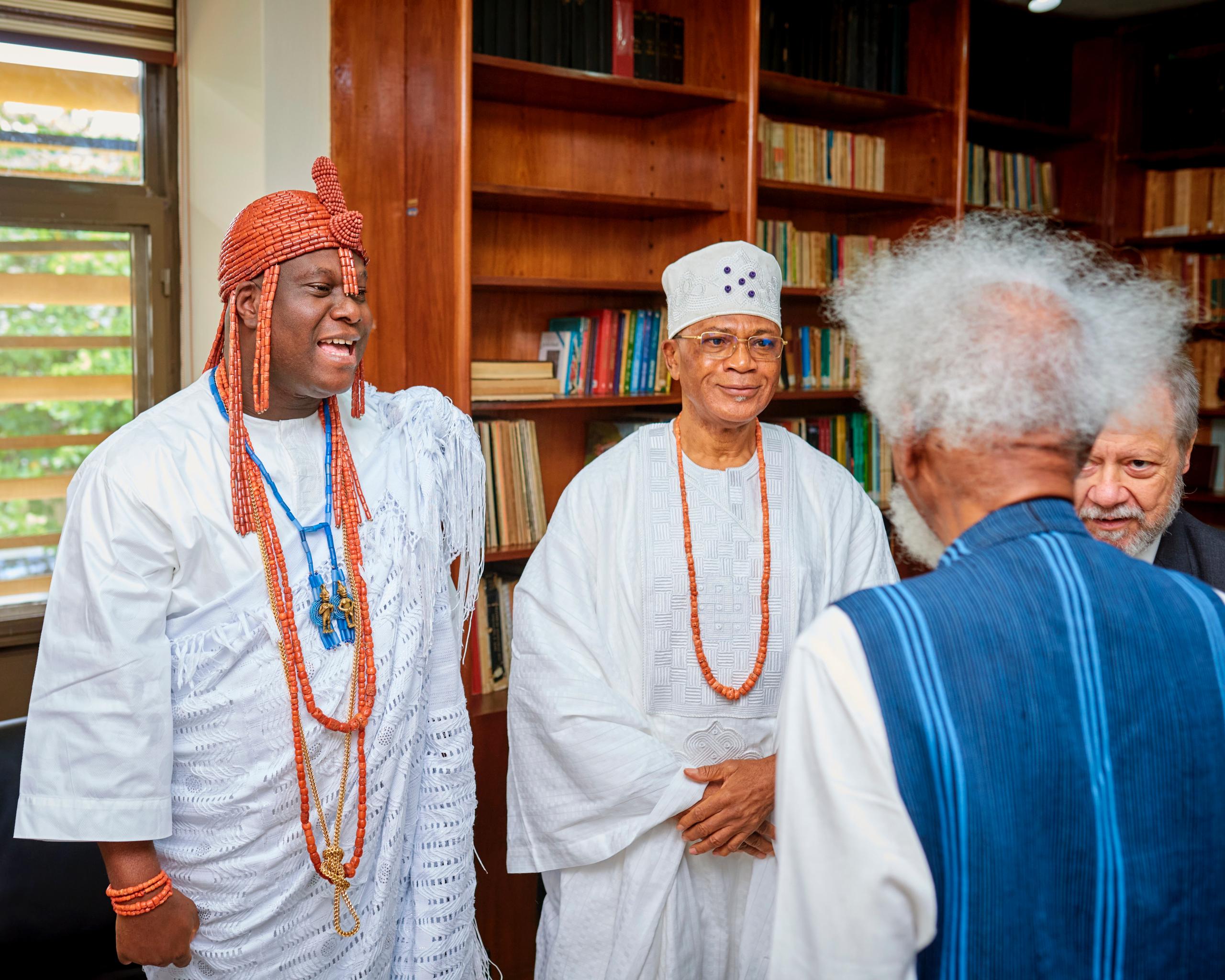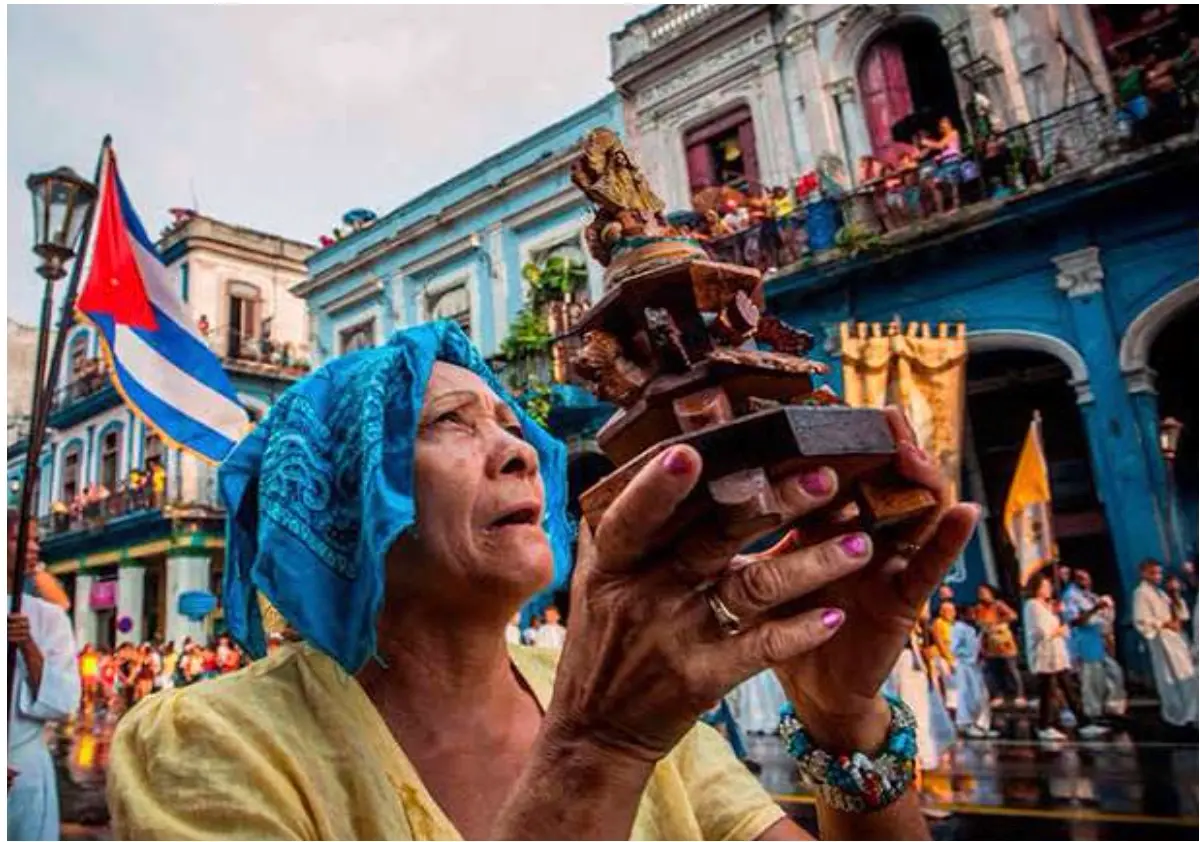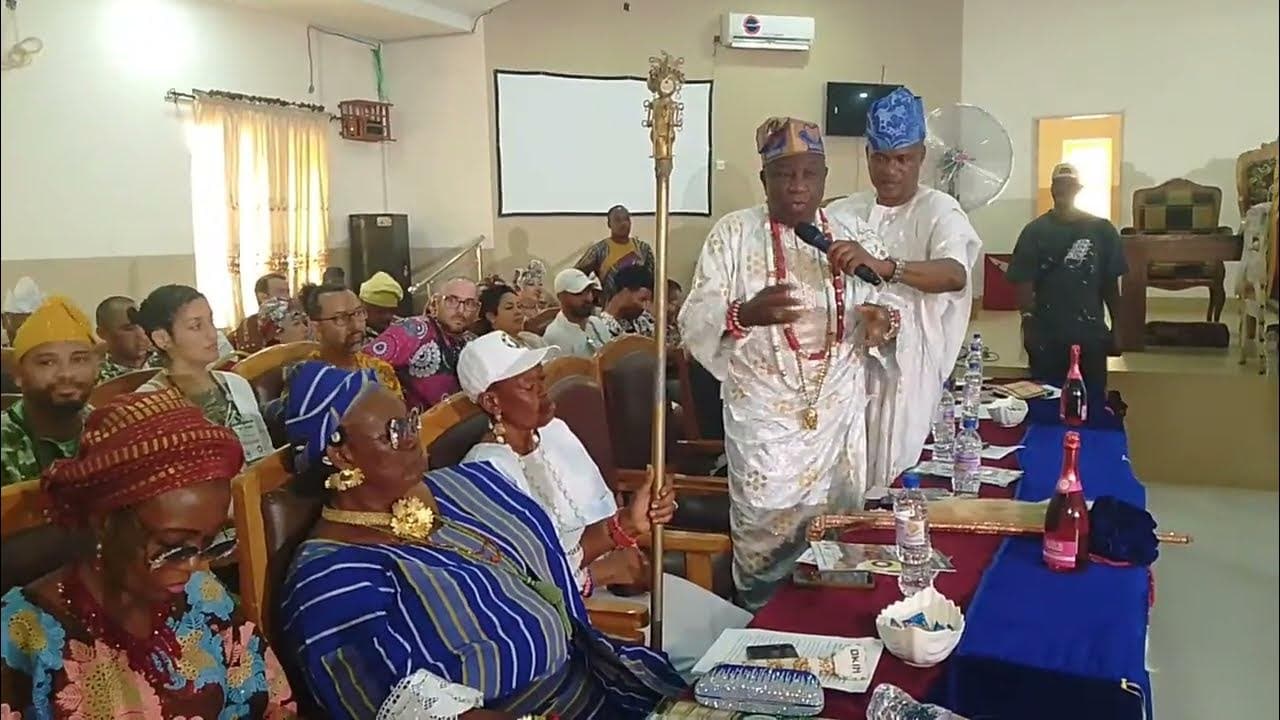 With the widespread concern about possible extinction of some cultural practices in Nigeria, what is the potency of infusing such values in the school curriculum?
With the widespread concern about possible extinction of some cultural practices in Nigeria, what is the potency of infusing such values in the school curriculum?
The general belief is that many aspects of Nigeria’s culture are fast losing relevance. And the perception is that something needs to be done urgently to save the situation.
In recent times, some of the ills trailing the nation, from terrorism and cultism to robbery and prostitution, have been blamed on the lack of cultural values. This has virtually left everyone with the desire to go back to the days of yore, when culture balanced most citizens’ psyche about good and evil.
But the vehicle to drive this will always raise moral, religious and economic questions. This is evident from the reaction to the decision by the Governor of Osun State, Rauf Aregbesola to introduce Ifa Studies in the school curriculum sometime ago.
Some basics about Ifa will be necessary in understanding the import of the subject as offered by Mary Hartman, an Iyanifa (Ifa priestess): Ifa is an earth based African spiritual tradition that was conceptualised by the Yoruba people of Nigeria, West Africa. According to oral literature, the practice of Ifa originated as far back as eight thousand years ago, making it possibly the oldest monotheistic religion in the world.
Ifa is balanced on three legs: Orunmila (Creator), Orisa (Nature Spirits), and the Ancestors. The Supreme Being, Orunmila, is without gender and is not an active participant in the affairs of living humans. Orunmila is benevolent and has provided a Universe with all that is needed for humans to be fulfilled and happy. Through the Ifa divination system, diviners invoke Orunmila, the deity of wisdom, prophecy, morality and ethics. Ifa divination is performed only by an initiated priest called a Babalawo (male Ifa priest), or an Iyanifa (female Ifa priestess).
From this insight, it is obvious that Ifa Studies would mean reflecting and studying the ‘belief system’ of a people, which obviously is an integral part of the culture and history in schools. Aside Ifa, several other belief systems are available in other parts of Nigeria, and all have been affected by the presence of Western influence which came with new religions and cultures.
What will be the impact of studying Africa’s belief system in schools?
Pastor Praise Nwachukwu of Dominion Ministry, Ikeja, Lagos, said the move is not different from idolatry, because relating with deities is something God frowns at. “What the governor intends to do is not different from propagating the study of idolatry in schools. As a Christian, our reference point is the Bible, and in Exodus 20: 23 it is spelt out there: Ye shall not make with me gods of silver, neither shall ye make unto you gods of gold. An altar of earth thou shalt make unto me, and shalt sacrifice thereon thy burnt offerings, and thy peace offerings, thy sheep, and thine oxen: in all places where I record my name I will come unto thee, and I will bless thee.
And if thou wilt make me an altar of stone, thou shalt not build it of hewn stone: for if thou lift up thy tool upon it, thou hast polluted it. So if God has decreed this, and we have been liberated from such practices: why do we have to go back to it now? Studying idolatry will not in any way promote the culture. There is need to protect certain aspects of our culture and not to ask our students to study how to worship deities. Take for instance, in Igbo land, time was when twins were being killed; do we have to go back to that era because we want to preserve our culture?”
But Prince Gbenga Ademola, a culture activist thinks it is a welcome development, because it connotes true freedom. “I don’t think it’s a bad idea. I think it’s high time we changed our curriculum to suit our own culture and history. Studying Ifa does not make us fetish and if I must say this, believe it or not as old as these religions are even the so called elite still visit the Ifa priests for consultation on a daily basis. An average Nigerian has at least two religions. They could be a Muslim, but will still have one pastor or Ifa priest they consult; same as Christians. Even Ifa is studied in foreign universities under African Studies. Professor Wande Abimbola is one proud professor who has done that in so many universities across the world. It’s our culture. Africans are coerced by colonial masters to study only Bible and Quran. Do you know how Chinese preserve their language despite they can speak English?”
Tunde Agbola, a Grail Movement advocate on radio, throwing more insight into African Traditional Religion which Ifa is part of, says while reflecting the culture of the people, many religions have been distorted and fraught with the shortcoming of having adherents, who limit their interactions with elemental beings. “Something that is common amongst most African religions is that they lay more emphasis on the elemental beings, which is why you hear lord of the forests, lord of fire and the rest, but like other religions, over time the major message is distorted by the followers. When you examine the Grail Message you will see more light on this.”
While there are discordant tunes abut introducing religion into the curriculum of schools, there seems to be a resounding agreement about introducing cultural studies that would help Nigerian students become proficient in their history, so long as it does not have anything to do with religion.
In Anambra State, the efforts of the government in making Igbo language regain its pride of place has led to an initiative called ‘Suwakwa Igbo Initiative’, which among other things makes scholarships available to students who excel in Igbo language studies. Already, the government has signed into law a bill to enforce the speaking and writing of Igbo language among Ndigbo in Anambra and Diaspora. The government in view of this, has also stopped administering corporal punishment to students who speak Igbo in schools in the state; and determined to make proficiency in Igbo a prerequisite for employment into the state civil service.
At the National Institute of Cultural Orientation, headed by D
r. Barclays Ayakoroma, the curriculum has also been expanded to accommodate the teaching of local languages during the holidays for students who do not have the ability to speak the language.
While this is commendable, Archie Abia, an artist, said Nigeria will benefit a lot in the study of cultural studies, the type that used to be handed down informally some years back, because African culture is full of morals. “When we were growing up as kids in the village, we were taught the culture, in an informal mode which usually came in the form of folk stories. Essentially these stories teach morals and good values. And that is what the nation needs at this point. If there is a way such can be brought to school, why not?”
Culled from: http://nationalmirroronline.net/new/bringing-cultural-studies-to-nigerian-classrooms.


